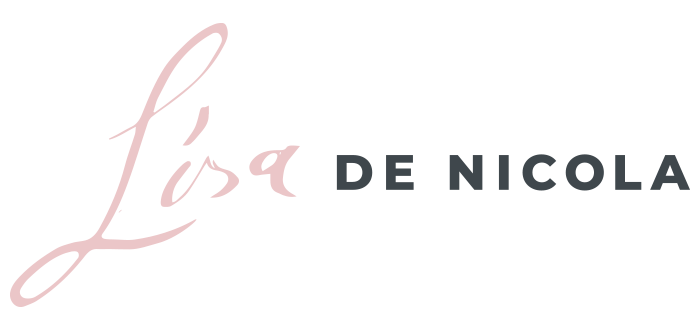If there was ever a time where emotional intelligence was needed, this moment in our global evolution would be it.
New leadership – the kind we need more of in our world and we’ll see more of in the future of work calls for emotional intelligence. Have I said it enough? Maybe. I know I’ve written about it quite a bit and it’s the game changer between ok leaders and leaders who are changemakers.
The range of skills that make up emotional intelligence go beyond the commonly associated skills of self-awareness and empathy and also include flexibility, decision making and emotional expression to name a few. Yes, there are far more EI skills to develop!
They’re the skills that set you apart from average leaders who play a role and the leaders who truly lead by example. Who walk the walk and talk the talk. It’s the difference between the leader that goes the extra mile for their people and the one who thinks of their team as an afterthought.
According to an HBR article, studies have shown a strong association between EI, those who drive change and visionary leaders. Yet, in the very positions which hold the greatest responsibility (leaders), we fail to see these skills most often.
Why is that?
A few reasons stand out:
- Not investing time in your own self-development – whether it’s through self-reflection, meditation or generally, diving into the inner work that’s required for real change to manifest on the outside. The most common theme I notice clients overlook is the investment of time in their personal development.
- Not seeing the value in EI – whether you understand what EI is or not, if you don’t see the value in developing certain skills, chances are you’re likely not going to take the time to invest in developing them.
- Fear of facing your emotions – whether it’s working on your assertiveness (an EI skill) or how you express yourself, developing EI skills can bring up emotions people are uncomfortable with. It’s the very reason why most shy away from using specific skills OR any emotions, to begin with!
- Thinking you have nothing to work on since you’re already a leader – if the title or position you hold dictates your openness to learn something new or at the very least, challenges you to question your own development, what kind of example does that set for those around you?
Whatever the reasons are, unfortunately, we continue to see leaders being appointed in positions that lack vital skills when leading others in their charge.
Whether they were promoted due to technical skills or other achievements to glorify their performance, they often lack the people skills which, come with leading others. Many of which lie in the skills associated with EI. Here lies the pattern that needs to be broken.
If only we learned in school the value of our emotions! Our emotions drive our behaviours. They drive our decisions, and they give us information.
Can you imagine the power you have, knowing this?
What difference would this make in the way you lead at work?
What about the kind of friend you would be?
What about how you show up in your relationship with your partner or spouse?
Here are some examples of emotional intelligence in action:
- Consciously considering how to respond to someone who is visibly upset with you (using self-awareness and regulating emotions)
- Being self-aware of what emotions come up in you when you receive an angry email from someone
- Exercising more flexibility in your day to day and in your relationships
- Making decisions wisely and with more thought
- Being more empathetic to others, fostering stronger relationships and being more collaborative
- Displaying more courage and confidence to assert and advocate for yourself (no hiding, shying away from speaking up or being passive-aggressive)
These are just a few ways you’ll notice emotional intelligence in action and there’s many more examples to share.
The best part is you can develop any of these skills over time, unlike IQ. Remember – life offers us a full range of emotions to play with and explore. How boring would it be if we only ever tapped into 1 or 2 of them throughout our lifetime?
The investment you make in your own development will pay tenfold in the way you lead others. Don’t downplay investing in your own growth just because you’ve reached a certain level in your career. The minute we stop learning is when we stop growing.
Curious to learn how to begin developing your EI skills?
Head on over to the world of EI here for more info OR take the leap and invest in your own development today by clicking on the link to order your own assessment today.
When you think of the leaders you admire, what specific qualities stand out to you and why?
Let me know in the comments below, I’d love to know!!
P.S. have you heard the news?! 
emotional





